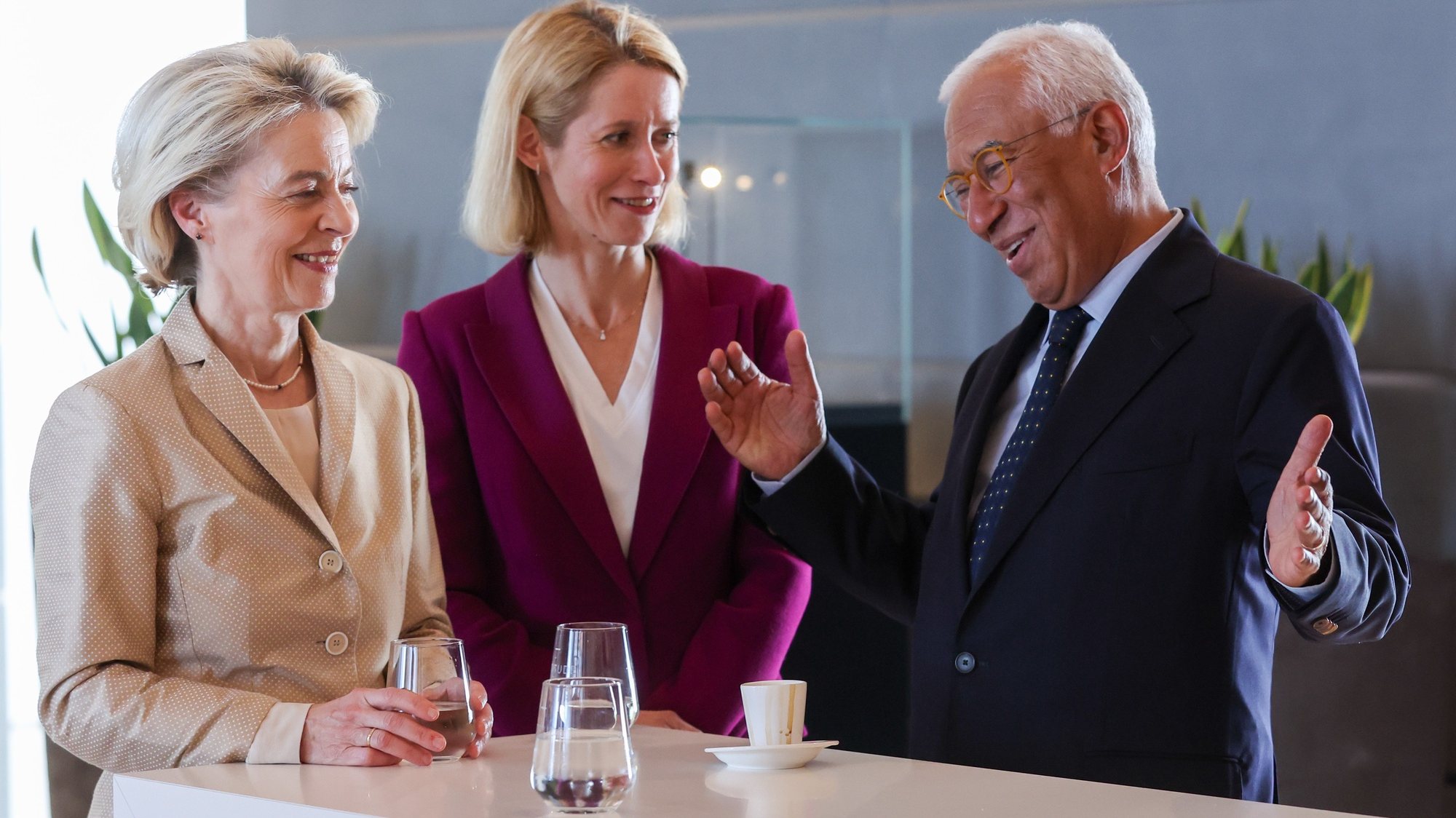António Costa has won support to be the next President of the European Council and the international press is highlighting a Portuguese who has left his mark on national politics due to his negotiating skills.
António Costa reached a maximum employment European Union, a position that has often been described as his dream position and which makes the former Portuguese Prime Minister a centerpiece of European Union negotiations. The news brought Costa’s name to the four corners of the world, if it were not for the fact that it is one of the most important positions at the European level, which requires an agreement between the largest political families, at a key moment for Europe. In some of the most respected international newspapers, Costa was being profiled as a “survivor” it’s a shrewd negotiator” whose “strong” and “affable” character allowed a consensus that involved socialists, social democrats, liberals and even obtained the support of Viktor Orbán.
“This all-terrain politician, temperamental, loved and appreciated inside and outside Portugal, who found himself on the brink of the abyss in November and decided to resign.” This is stated in the text of the Spanish newspaper El Mundo, entitled “António Costa: the survivor who rose to the top of Europe”, which recalls that Costa resigned after a judicial investigation and concludes that it was a “gesture of honesty” that “could not be evaluated until it was confirmed that there was no evidence to support the accusation.”
In a text with a laudatory tone, one not only reads that “Costa left it all”When he headed a government with an absolute majority and his name was repeatedly mentioned for the presidency of the European Council, it is emphasized that “now the Portuguese already know that Costa was honest when he said he would leave his position ‘with a clear conscience.'” “And European leaders appear to have confirmed that there will be no without judicial stain That will make the upward trajectory difficult until then,” he concludes. Furthermore, not only in this but also in other newspapers it was written that “Costa has been almost everything in politics”, in reference to a career in which he was a councillor, deputy, president of the Lisbon City Council, secretary of state, minister, prime minister and MEP.
In France, the newspaper Le Monde defines someone as “moderate profile”, which combines “the classic values of social democracy” and an “orthodox approach to economics.” The judicial question, which became an issue in the European Council, and which Donald Tusk, Polish Prime Minister, warned needed to be “clarified”, is considered an issue “emptied”and that “no longer seemed to represent an obstacle.”
El País recovered the interpretations of the Lisbon Report, when it revealed that it found “neither strong nor weak evidence of the commission of a crime” of influence peddling in Operation Influencer, to remember that “this led the European socialists, led by Pedro Sánchez and Olaf Scholz, the I support you without a doubt”although “the investigation has not been closed.”
Le Figaro focused more on Costa’s specialty in reaching consensus and wrote that he is a “puzzle lover”, with “long political experience” Is “alliances left and right.” “António Costa’s talent for forming unexpected coalitions and building majorities is well demonstrated in Portugal; “He remains to be seen how Brussels will welcome the former socialist prime minister,” the newspaper wrote.
It is remembered how Costa built the device, the way in which he “convinced” the PCP and the Bloco de Esquerda to support the government without integrating it and how he led the formation of a “brand new alliance with the left of the left” and at a time when the right was “scandalized.” “His ability to coexist with opponents is known in Portugal,” reads the text that highlights his relationship with Rui Rio at the time when both presided over the largest local authorities in the country, with Marcelo Rebelo de Sousa in São Paulo. Relationship Paulo Bento-Belém and now with Luís Montenegro, highlighting that “his appointment to the European Council could not have been carried out without the support of his successor.” “Political savvy”, headlined the Spanish newspaper El País.
Corriere Della Sera points out that “the nature of man can also be understood from his passions: in addition to support Benfica, one of the former Portuguese Prime Minister’s favorite pastimes is puzzles.” Described as someone who has the “ability to put together the different voices of the leaders participating in the European Council like pieces of a puzzle” – and which is a skill that is required of those who run the European Council – the newspaper guarantees that Bosses of State and Government recognize “pragmatism” is big bargaining power” in the former leader of the PS.
In addition to the good relations necessary for the position of president of the European Council, stating that Costa has friends everywhere, especially of other political stripes, the North American newspaper The New York Times reports another fact: “With this appointment, Costa, who has Mozambican and Indian ancestry, will become the first person of color to occupy a maximum employment in the European Union.”
The British newspaper Guardian affirms that António Costa is “a veteran socialist very loved by the leaders of the European Union”, to the point that “he even guaranteed” the support of the Hungarian Prime Minister, Viktor Orbán. One “shrewd negotiator”The Washington Post would call it, and someone who “knows the ins and outs” of the European Council, El País assesses, sees it as an “advantage to face his mandate in turbulent political times in Europe due to war and populism.”
At the time he achieved the presidency of his dreams, António Costa is seen internationally as a negotiation specialist who made history in Portugal and who now seeks to reach consensus in Europe at a time when the European Union is experiencing a difficult context.
António Costa reaches the seat of his dreams and will become president of the European Council
Source: Observadora
